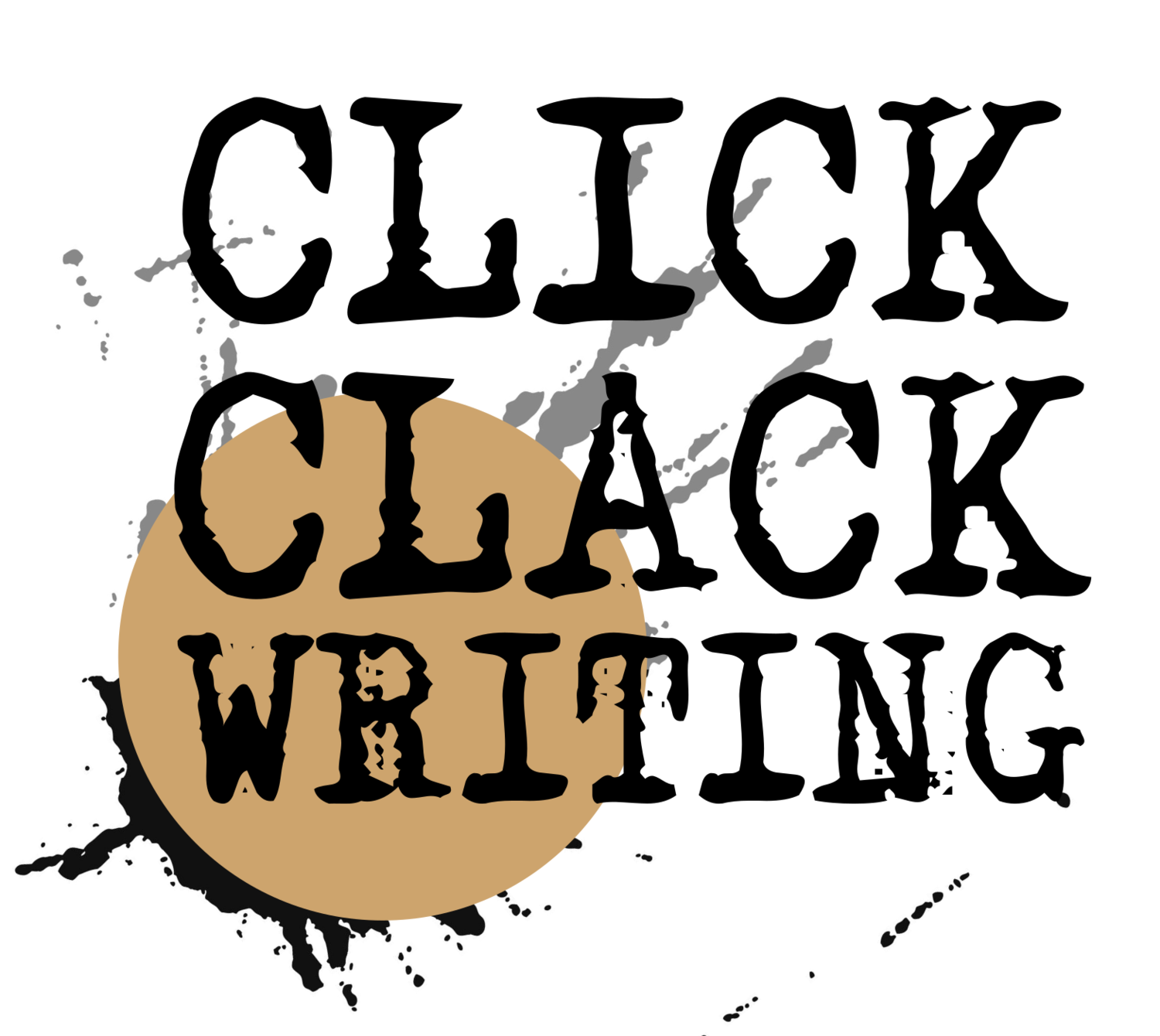When people say, “I’m not a writer,” what they really mean is they are holding on to limiting beliefs. They might be nervous about others reading their words, afraid they’ll never live up to their personal expectations, out of practice with their writing, unsure of how to begin, etc. It’s time to banish those limiting beliefs…
What IS Book Coaching Anyway?
We’re your friendly neighborhood book coaches!
When I tell people I’m a book coach, I often get a blank stare and a “What now?”
Fair enough. It’s not as common a title as “accountant” or “teacher.” As far as I know, my business colleague, Jessica, and I are the only two book coaches in the Twin Cities (correct me if I’m wrong!). So, what do we actually do? Do we train books to do tricks? While I would love to be able to train a book to flap around the room or mop my floor (ala Fantasia), that’s not quite what we do. We don’t train books, we train people.
Our specialty is coaching ordinary folks from all walks of life on how to turn their ideas into a book.
For many people, the prospect of sitting down and writing 60,000 or 85,000 words is beyond daunting—it’s enough to make palms sweat and brains start flipping around in cartwheels. Believe me, I know this feeling well. When I sat down to write my first novel in 2009, I had never written more than 25 pages in my life (and that was for a research paper in college).
Writing at the Guthrie Theater
But then something miraculous happened:
I wrote 30 pages.
And I thought, “Wow, if I can write this many pages, I can probably get to 50.”
So, I did.
I reached 50 pages, and just kept going.
80 pages. 100. 200.
By the time I finished that novel, I had written well over 150,000 words or close to 500 standard pages! (I ended up cutting a good deal of those pages during the editing process, but that’s another topic entirely…)
Although I’ve learned a lot in the ten years following my first novel, that first project taught me a valuable lesson: I could sit down and write a novel-length manuscript. And, most importantly, I could do it while working 50+ hours per week, maintaining a relationship, and practicing good self-care (by regularly working out and cooking dinner at home).
Two years after I authored that first novel, I started freelance writing and editing, helping both individuals and businesses with their projects. To date, I’ve worked on over 40 different book projects of all genres and styles. To name a few…
A Vietnam helicopter pilot’s memoir
A career coach’s leadership book
A book geared toward teenagers to promote self-healing instead of self-harming
A work of historical fiction revolving around Saint Paul’s gangster scene of the 1930s
A yoga studio owner’s memoir/self-help hybrid book
Science fiction, centering on a robotic criminal investigation unit
A business book/essay collection designed to help women of color navigate toxic work environments
Even though I’ve worked with a wide variety of people on wildly different projects, I’ve noticed certain commonalities emerge between them—commonalities I like to think of as Success Practices. By studying these Success Practices, Jessica and I have been able to distill them down into a five-step coaching program. The program focuses on articulating the book’s main message, defining the target audience, generating and tracking ideas, setting an accountability plan (that you’ll actually follow), and creating a detailed and effective outline.
Focusing on these success practices, we walk our coaching clients through the critical steps necessary to write their first draft within a few months.
Anyone can do it, no matter the skill level, other responsibilities, or background. We truly believe that.
So, that’s book coaching! Through a step-by-step program, we help people turn their ideas into books. We also act as accountability partners to make sure our writers are actually writing! Even the most driven and ambitious people occasionally need a gadfly to nip at their heels.
How about you? Do you have a book idea too good to ignore?
If you’d like to talk about your idea, send us a note. Let’s grab a cup of tea and talk about writing!
Writing 50,000 words in a month may not work for you.
Understanding the Editing Process
Writing is a lot like building your dream house. Maybe you find yourself over budget, and you need to trim back on some details. Out goes the fancy copper sink. Or maybe the contractor left a gaping hole in the roof. Or a tiny crack in the drywall. They better patch it up before the rain comes in and wrecks the whole structure. Part of the writing process is learning what to trim and what to...
How to Write Your Shitty First Draft
If you have ever tried to write anything, you know that voice. The one that tells you that you aren’t good enough. The doubting nag that whispers tales of failure before you’ve even begun. Better go do the dishes, fold the clothes, put in the roast. Chores never sounded so inviting. Anything to avoid finding out what’s really in that brain of yours, waiting to seep onto the blank page. Procrastination is easy. Writing is hard, but there are ways to...
How to Overcome Writing Roadblocks
What's your motive?
What is the driving factor that motivates you to write a story? WHY do you want to do it?
This why should be at the core of your writing. When you’re feeling aimless, hopeless, or you’ve had one too many negative critiques from your writing group, return to your motive.
Right now, you might be thinking: Okay, great. But what in the ham sandwich is a writing motive?
[Printable!] Building a Sturdy Outline
What song do you sing? (Developing Your Writing Voice)
Your writing voice is the unique language that makes your writing yours. It’s what sets your zombie story or memoir or romance novel apart from all the others. It’s the humor/wit/sarcasm/intellect that defines you as a writer. If you’ve ever read something by Toni Morrison or Gabriel Garcia Marquez, you know how alluring a writer’s voice can be. If you’ve ever read David Sedaris or Tina Fey, you understand how a writer’s voice can be laugh-out-loud funny.










![[Printable!] Building a Sturdy Outline](https://images.squarespace-cdn.com/content/v1/5676edcbe0327c06bcd23311/1506621668333-GLR9S68JXPNDYUW1TC0J/Book+House+1.png)




